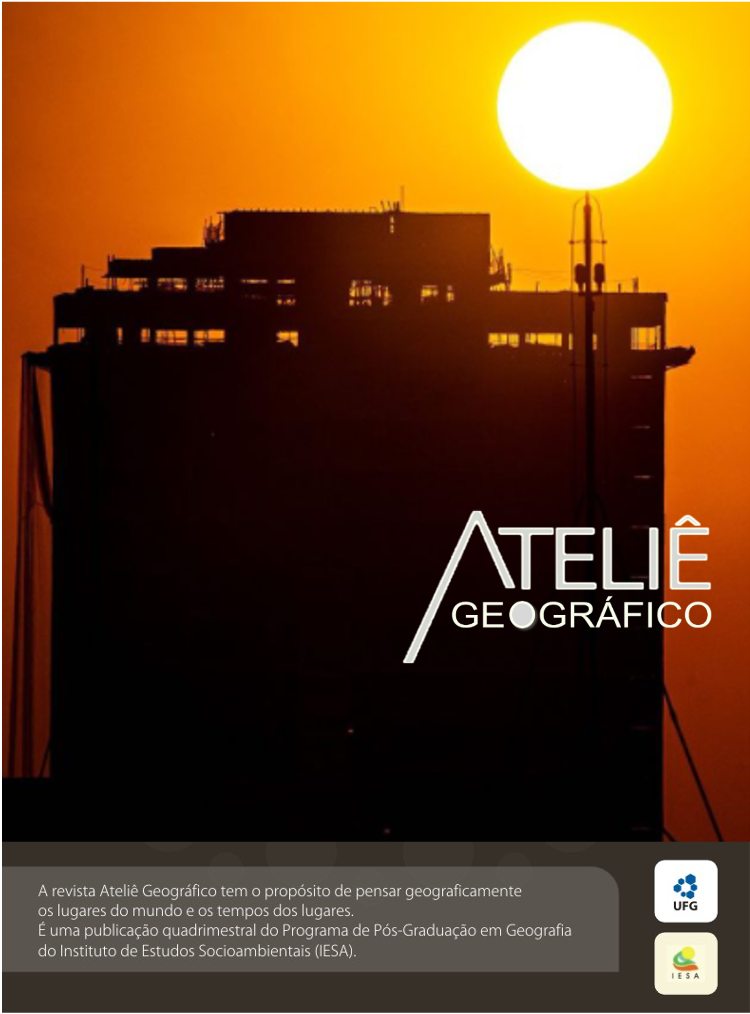Tourism as a spatial solution: the process of extensive and concentrated urbanization of tourism in sun and beach destinations on the periphery of capitalism
DOI:
https://doi.org/10.5216/ag.v16i3.71827Abstract
This study aims to present a theoretical discussion about the role of tourism in the expansion and spatial reorganization of capitalism in sun and beach destinations on the periphery of capitalism. To support the discussion, we use the concept of spatial solution, in addition to the concepts of extensive and concentrated urbanization to analyze the spaces of the tourist urbanization and the spaces known as “the other side of the road” or “the second city”. It is based on the argument that tourism is an efficient instrument in the geographical expansion of capitalism as it requires a complex process of urbanization for its development. It is considered that the double process of urbanization generated by tourism is directly related to the need for capital to profitably produce and absorb surpluses in its constant search for accumulation. Thus, the discourse of social benefit and poverty reduction vanishes through accumulation practices that extractively use all possible resources for profit.
Keywords: Accumulation by dispossession, socio-spatial reorganization, uneven development.
Downloads
Published
How to Cite
Issue
Section
License
Autores que publicam nesta revista concordam com os seguintes termos:- Autores mantém os direitos autorais e concedem à revista o direito de primeira publicação, com o trabalho simultaneamente licenciado sob a Licença Creative Commons Attribution que permite o compartilhamento do trabalho com reconhecimento da autoria e publicação inicial nesta revista.
- Os autores não serão remunerados pela publicação de trabalhos na Revista Ateliê Geográfico. Além disso, os conteúdos publicados são de inteira e exclusiva responsabilidade de seus autores, ainda que reservado aos editores o direito de proceder a ajustes textuais e de adequação às normas da publicação.
- Autores têm permissão e são estimulados a divulgar seu trabalho online (ex.: em repositórios institucionais ou na sua página pessoal), já que isso pode gerar alterações produtivas, bem como aumentar o impacto e a citação do trabalho publicado (Veja O Efeito do Acesso Livre).


